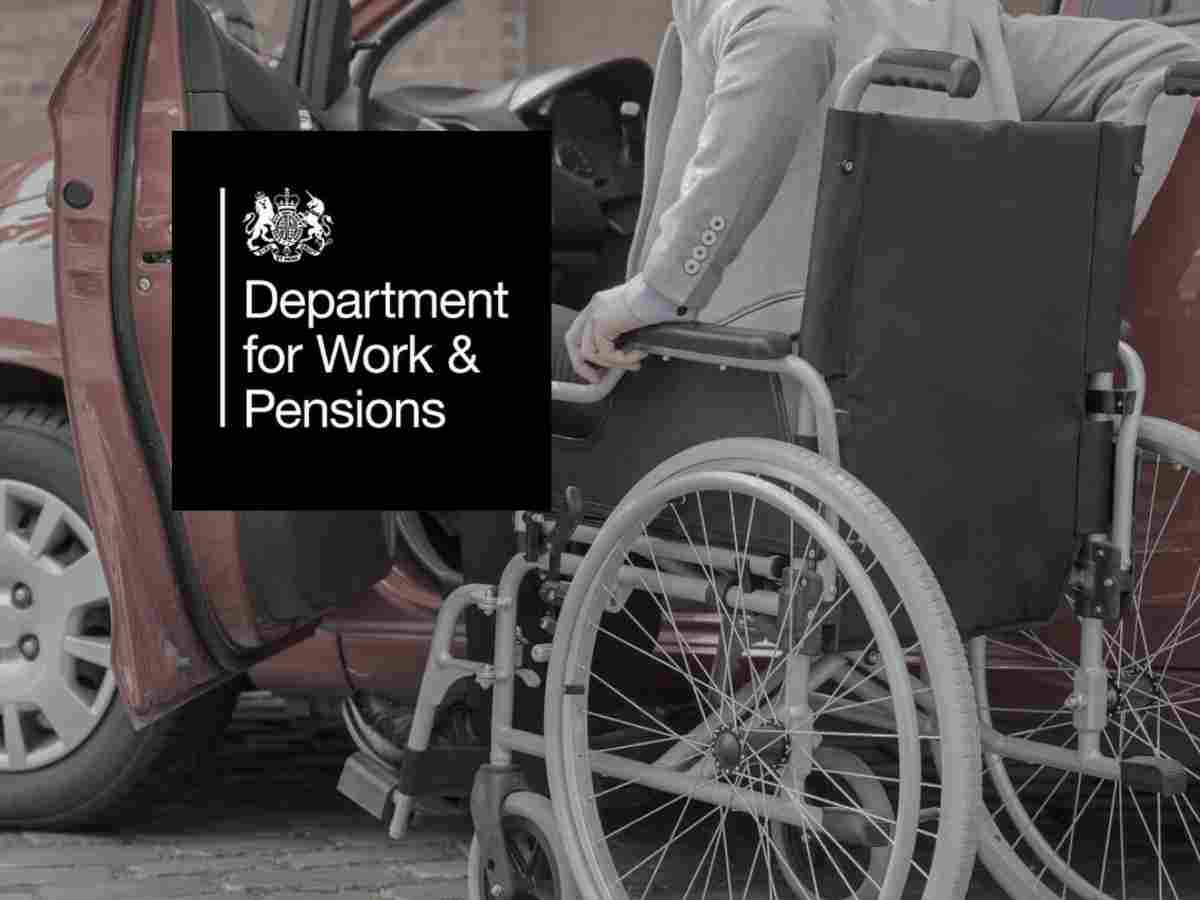In response to a national campaign by disabled people, the UK National Audit Office has launched an investigation into a vital service that disabled people need to get into work. Access to Work is supposed to support disabled people to get into and stay in work by providing funding for specialist equipment, extra expenses and support staff. However, as the Canary has previously reported, the Department for Work and Pensions (DWP) has been failing disabled people who want to work – whilst at the same time the government harps on about forcing disabled people into work.
Stealth DWP changes to Access to Work
As the Canary reported in May of this year, the DWP has been attempting to quietly push through severe cuts to the Access to Work scheme which would see the limiting of funds for specialist equipment, and stricter rules on support worker rates of pay and awarding job aid support workers.
These changes will effectively push those who are already in work out of, like they almost did with prominent campaigner Jess Thom who had to quit her job as CEO of Tourette’s Hero as her support was cut and the DWP expected Thom to pay her support worker under minimum wage.
The Access to Work Collective has highlighted that Access to Work cuts are already planned due to “internal restructuring – meaning they don’t need to consult on them
Phase 1 has introduced major funding cuts, including steep reductions in allocations for assistive software and equipment. It imposes a 20% cap on enabling support, reduces flexibility in how support can be delivered, and pressures support workers to accept fees so low that they fall below minimum wage – a practice that is illegal.
Phase 2, scheduled for September 2025, proposes the removal of several key types of support altogether, including Job Aide roles, assistive technology, and specialist equipment. Only minimal job coaching and British Sign Language interpretation would remain. If enacted, this would effectively strip Access to Work of its ability to meet the needs of the vast majority of disabled workers.
Access to Work is vital to get into work – but it’s failing thousands
There is currently a backlog of 62,000 disabled people waiting for DWP Access to Work support, not including those who are already in the system and have to reapply yearly or every two years. 33,000 people are waiting to be paid for support that has already been approved by Access to Work. This backlog is leading to people losing jobs at a time when the government is laying into disabled people, who they claim would rather be on benefits than work.
The government claims this backlog is due to the increase in demand for Access to Work which has risen sharply by 83% since 2021/22, but this makes sense when there has been an increased effort to get disabled people into work.
Access to Work collective found that 7 in 10 disabled said that without Access to Work they wouldn’t have or absolutely couldn’t have attended interviews, got into or stayed in work. 74% said the scheme helps them to stay in their job. 87% said Access to Work has a major impact on their ability to stay in work or run a business.
The current DWP plans are to put more of the responsibility on the employer, but 67% of employers told the Collective they wouldn’t have been able to afford adjustments without ATW and 78% said it enabled them to hire disabled people as it covered the cost of the adjustments they’d had to make in the workplace. 100% of all employers surveyed said their disabled staff would struggle to do their jobs without it.
Audit Office investigating DWP’s failings
Due to a huge campaign by Access to Work Collective, which has seen support from thousands pf disabled people and allies, The National Audit Office announced they will be carrying out an investigation into the DWP and Access to Work this winter.
We will investigate how DWP is addressing challenges in the operation of the Access to Work scheme. We will examine:
- the purpose of the scheme;
- challenges with the scheme; and
- what DWP is doing in response to the challenges with the scheme
The NAO is an organisation that is independent of the government. The role of the NAO is to scrutinise public spending, check whether taxpayers’ money is being used efficiently and effectively and, most importantly, hold departments to account.
Disabled people need to keep pressure on Government
The Access to Work Collective said on Instagram
This is an important moment for everyone who relies on or supports Access to Work. We’ll be following developments closely and sharing updates as they come.
Sustained public attention and advocacy play a vital role in keeping the Access to Work crisis in the news and on the government’s agenda. Every letter, story, and voice shared helps ensure the challenges faced by disabled people remain visible and continue to be addressed.
The Canary will be following the investigation closely, in the meantime it’s important we keep pressure on the DWP and let them know we will not let this be swept under the rug. If you haven’t already please sign Access to Work Collective’s open letter and use their templates to email your MP.
Featured image via the Canary













